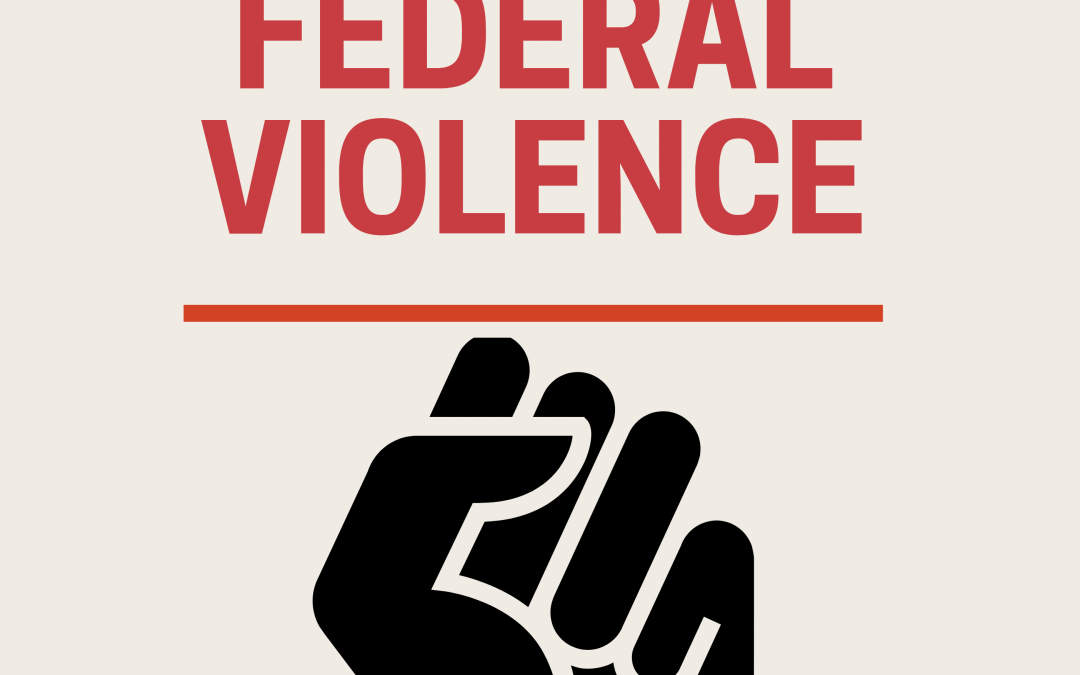By Mel Wilson, NASW Senior Policy Advisor
President Trump’s recent executive order (EO) on homelessness, which seeks to forcibly remove unhoused individuals from public spaces and redirect them into institutional treatment, represents a troubling shift away from evidence-based solutions. By prioritizing civil commitment and punitive enforcement over housing-first strategies, the order risks criminalizing poverty and undermining the dignity and autonomy of vulnerable populations. Rather than addressing the root causes of homelessness – such as lack of affordable housing, mental health and substance use care, and economic opportunity – this policy relies on coercion and outdated stereotypes that could exacerbate the plight of unhoused people with behavioral health issues rather than resolve it.
Most behavioral health and housing first advocates strongly oppose the Trump administration’s EO homelessness. This action is a giant step backwards in policies, treatment approaches, and services for unhoused severely mentally ill people and those with co-occurring diagnoses and is contrary to NASW’s own policy statements in support of services for those experiencing homelessness and for the protection of those who are unhoused.
To put this in context, the national history of efforts to address problems associated with the intersection of homelessness and chronic behavioral health disorders goes back to the 1960’s. That is when President Kennedy and Congress passed the Community Mental Health Act which was aimed at ending long-term institutionalization and forced treatment for those with chronic and severe mental illness. Over the subsequent decades, presidents from both parties and Congress supported a range of community-based programs to deal with comprehensive needs of unhoused people with behavioral health disorders – with housing being a core priority. While this system of care has been less than perfect, it is by far better than before deinstitutionalization when involuntary civil commitments often led to long and serious infringements on a person’s rights and very few safeguards to protect the patients.
It goes without saying that long-term institutional settings and forced treatment do not solve homelessness. The Trump administrative ‘s EO is especially egregious when – in the face of the fact that many Americans are struggling to access high-quality, community-based mental health and substance use treatment – the Administration shamefully cut nearly $1 trillion in Medicaid funding. Those funds are essential for supporting mental health and substance use treatment in community settings. However, the Administration is moving forward with the EO under the misguided notion that increasing involuntary commitments and long-term Institutionalizations is somehow “improving” services to unhoused people. Nothing can be further from the truth. First of all, institutionalization is not only very expensive, but also unethical, and illegal, and it essentially criminalizes homelessness.
Furthermore, the policies articulated in the EO will likely drive people away from care and contribute to overdose deaths and premature mortality. What is equally concerning is that the EO does nothing to increase the quality and capacity of community behavioral health care, or advance evidence-based practices like harm reduction and the efficacy of voluntary treatment as opposed to forced drug treatment.
The bottom line is that the Trump executive order on homelessness – with its telling official title of Ending Crime and Disorder on America’s Streets – purposely misdirects the American public about the causes of and response to the needs of unhoused people with behavioral health disorders. The EO paints a picture of out-of-control lawlessness and chaos within the unhoused community and pins the blame primarily on those with mental illness and drug use disabilities. The administration refuses to recognize that the struggles of emotionally disabled unhoused individuals will not be solved with criminalization approach. The resolution of the problem is – and always has been – the availability of evidence-based treatment and supportive services, including supportive housing. For those reasons, the Trump EO on homelessness must be vigorously opposed.


